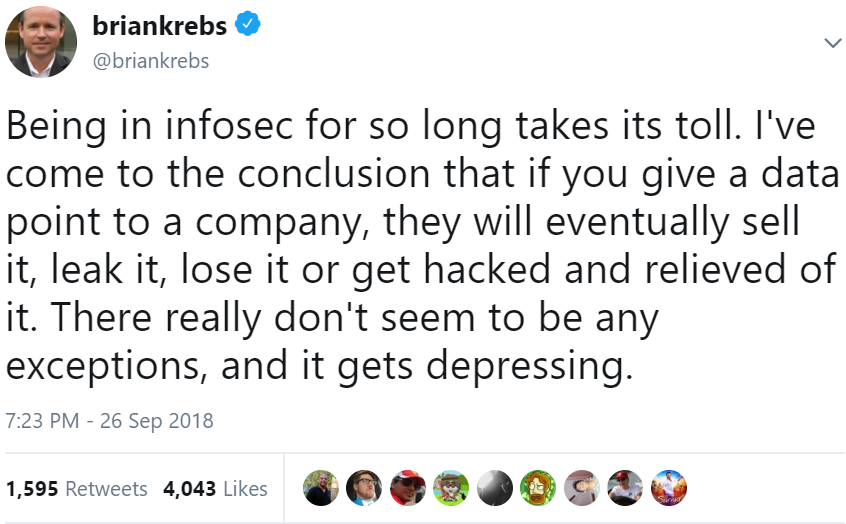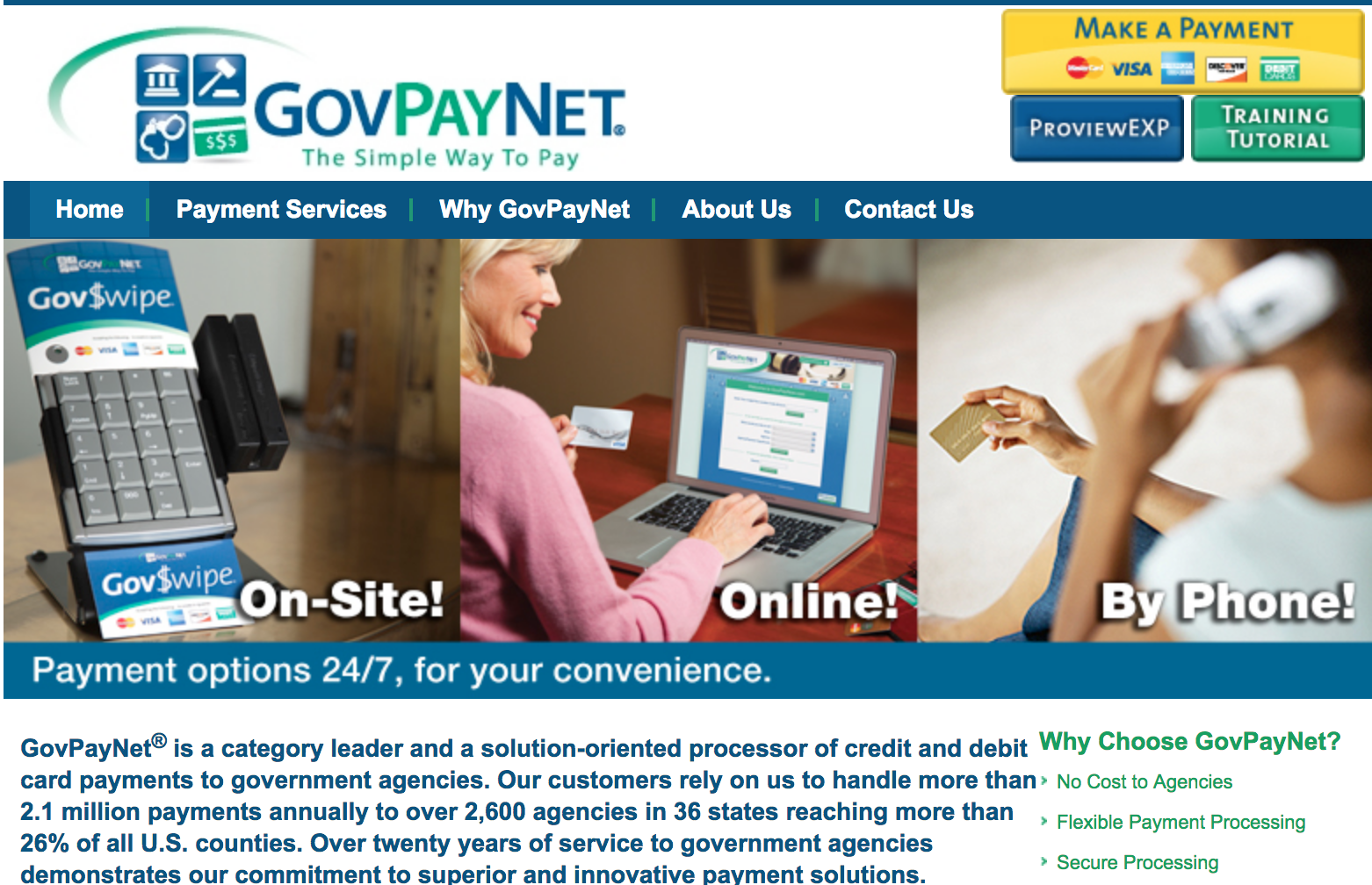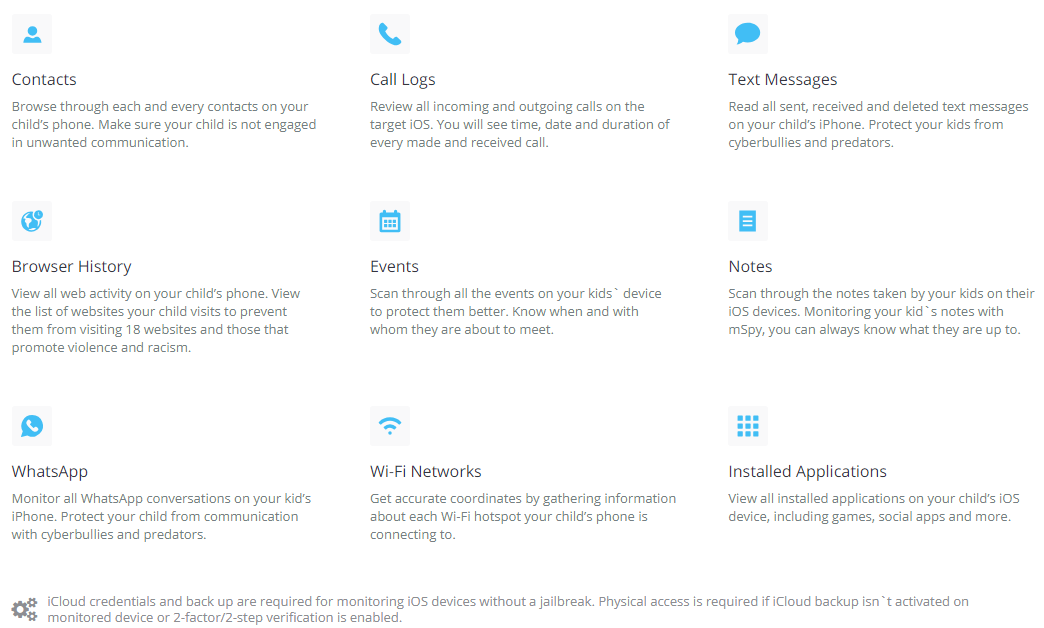Compromising vital infrastructure: air traffic control
Credit to Author: Pieter Arntz| Date: Thu, 15 Nov 2018 20:12:06 +0000
 | |
| The aviation industry and air traffic (control) are vital elements of our infrastructure. While flying is reportedly safe, how does that landscape look cybersecurity-wise? Categories: Tags: air trafficair traffic controlATCAATOaviationcontroldata breachesdronesEUROCONTROLfreightNotPetyaransomwarespamWannaCry |
The post Compromising vital infrastructure: air traffic control appeared first on Malwarebytes Labs.
Read More



